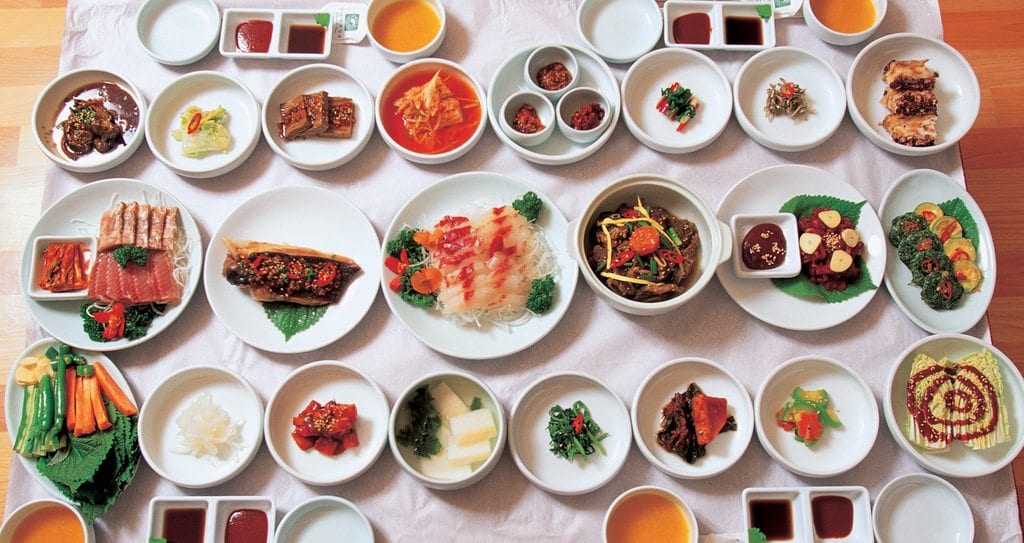Eating Slowly is Better for You. Here’s why.
We all intuitively know that eating slowly is better for us, but given the pace of modern day life, it is easy to forget this in the midst of a busy schedule. Nevertheless, the way in which we eat, in addition to the food we consume, can dictate a surprising amount about our digestive health and overall well-being. Here are five reasons why:
1. There are no teeth in your stomach
Your mouth is the last place where food can be physically broken down from large chunks into smaller ones. Digestion depends on the mixing and dissolving of chunks of food with concentrated digestive enzymes and acid; imagine the difference in surface area available for those enzymes to react with a large chunk of food vs. many broken up, small chunks of food. Chewing slowly and thoroughly is probably the single greatest thing you can do to aid your digestion.
2. Digestion begins in the mouth
Although it can be a bit unpleasant to chew thoroughly, mashing up food into an indistinguishable paste, this is actually where the digestive process begins. Amylase, an enzyme that begins the breakdown of carbohydrates, is secreted through the saliva and begins the process of chemically breaking down larger carbohydrate molecules into smaller ones.
By the time it reaches the intestines they can be broken down further and absorbed through the intestinal lining. Think of a factory assembly line where every worker has his function; if the first worker doesn’t get his part in, it can decrease the entire efficiency of the rest of the line.
3. Feeling nervous? Your intestines probably are too
Our nervous system is divided into two parts for complementary functions. The sympathetic nervous system turns on during stressful situations and increases our short term survival by borrowing blood and nerve activity away from long term survival needs like our digestion and immune system.
The parasympathetic nervous system is turned on during relaxed states like meditation, and in the process, provides our intestines with the ability to properly mix and absorb food. Slowing down the process of eating thus helps our nervous system to optimize our digestive function.
4. Feeling full takes time
The feeling of satiety is a complex chain reaction with a feedback loop from stomach to brain which involves a combination of hormone cascades and nervous system feedback. This process takes time — conventional wisdom says 20 minutes. Gulping food down quickly without chewing might be tempting with delicious food in front of you, but chewing slowly will allow for the natural feedback mechanism that helps you to feel full. This can be a handy weight loss tip as well.
5. Meals as meditation
I believe that the way we eat during a meal can often represent where we are in life. If we rush through meals, perhaps it is a sign that our lives need to be slowed down as well. If you are thinking of what you need to accomplish next while eating a meal, that is the definition of not living in the present moment. Mealtime can thus be both a litmus test for one’s internal state as well as a meditation, allowing for a return to balanced awareness of one’s body and surroundings.



